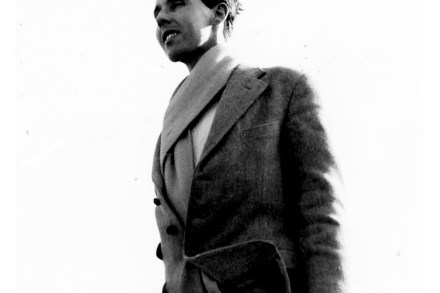Things I Don’t Want to Know, by Deborah Levy – review
In her powerful rejoinder to Orwell’s 1946 essay ‘Why I Write’, Deborah Levy responds to his proposed motives for writing — ‘sheer egoism’, ‘aesthetic enthusiasm’, ‘historical impulse’ and ‘political purpose’ — with illuminating moments of autobiography. Levy begins one spring when she was crying on escalators, ‘at war with my lot’. She flies to Majorca,












